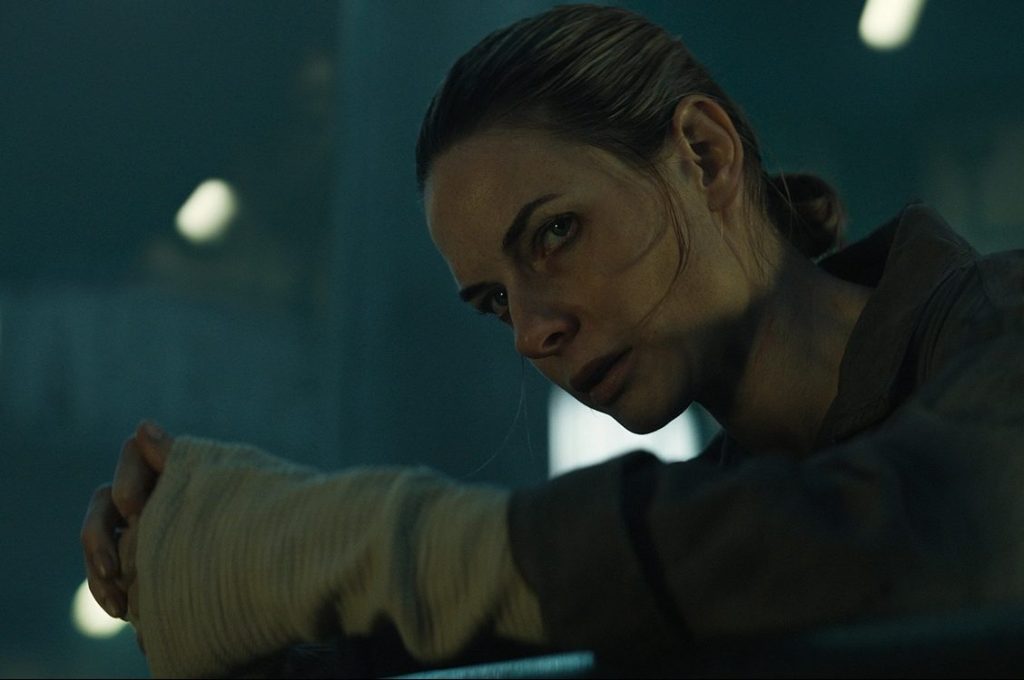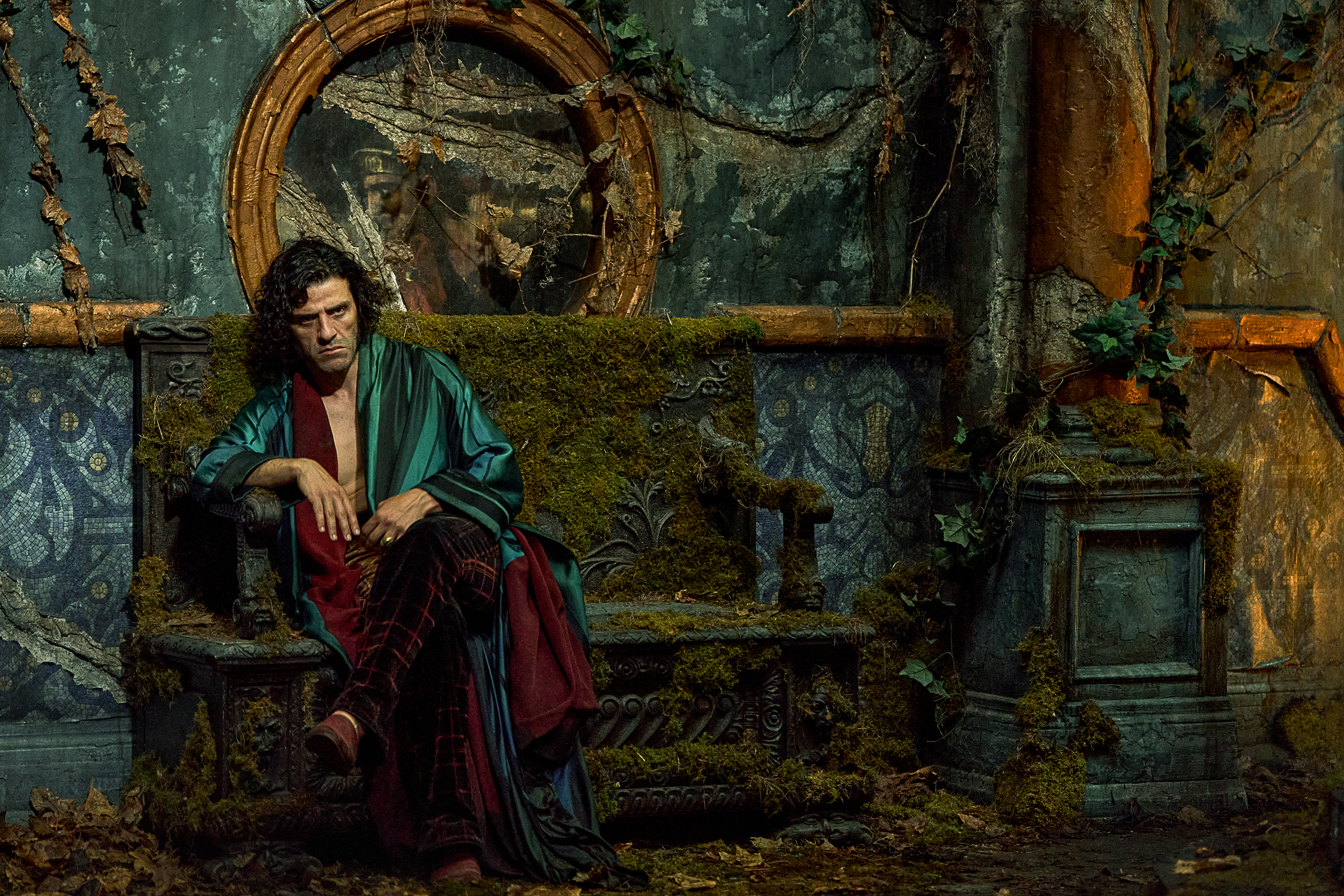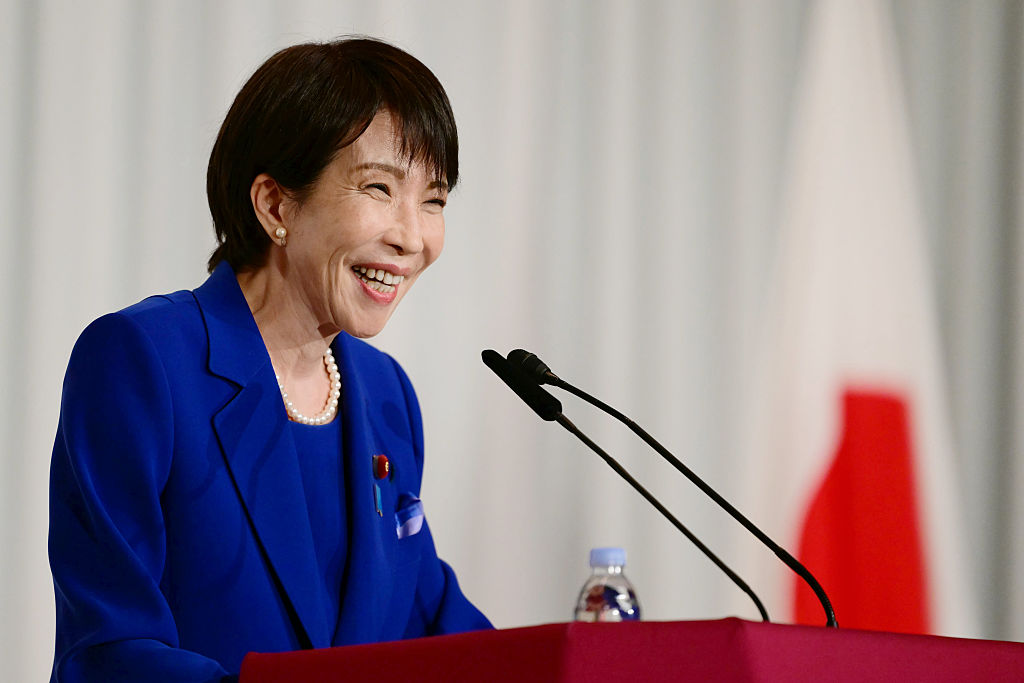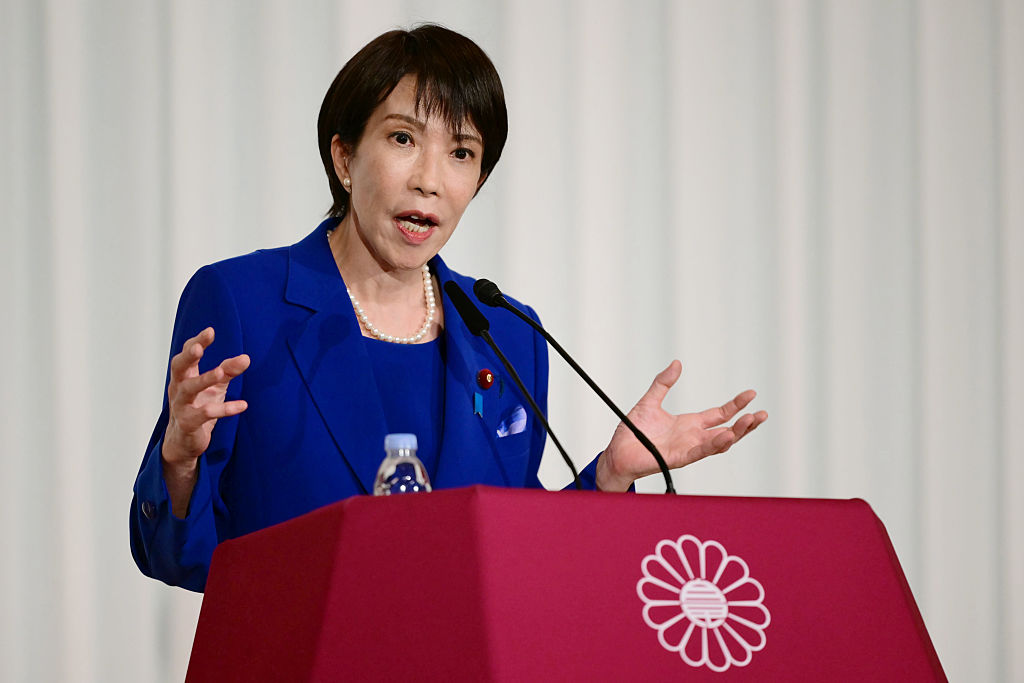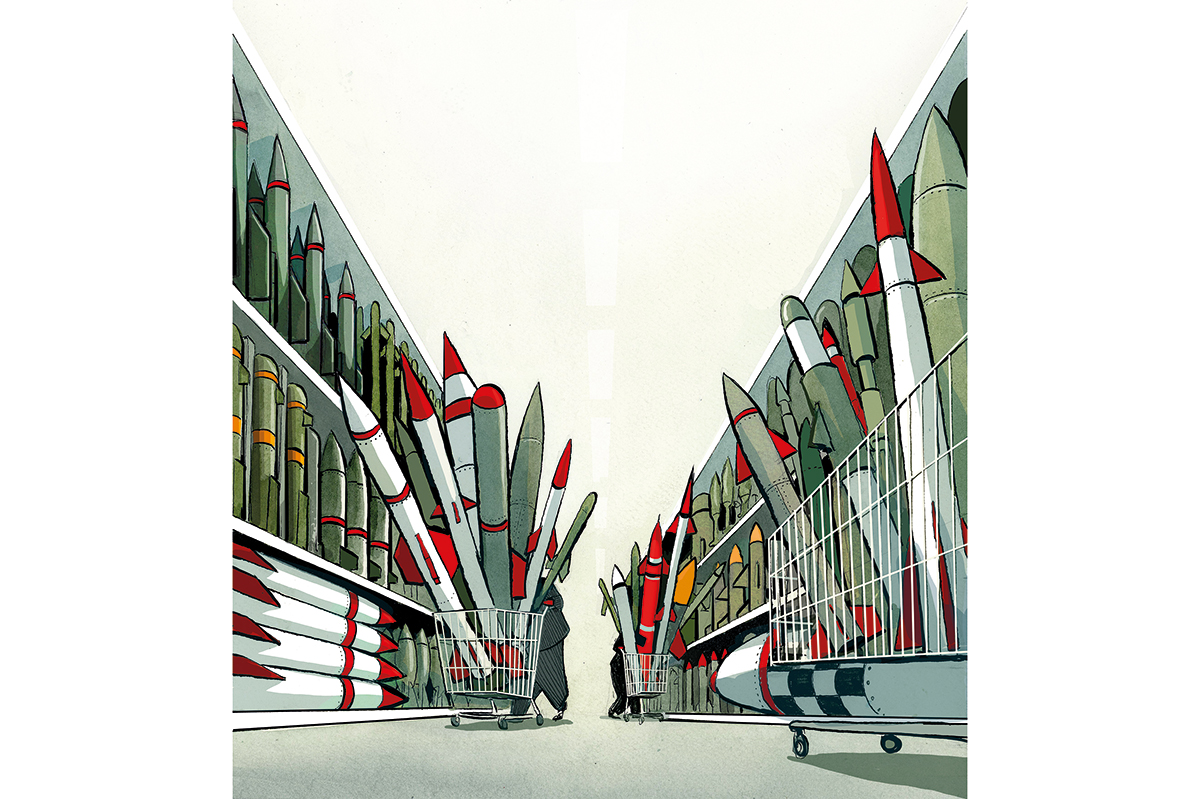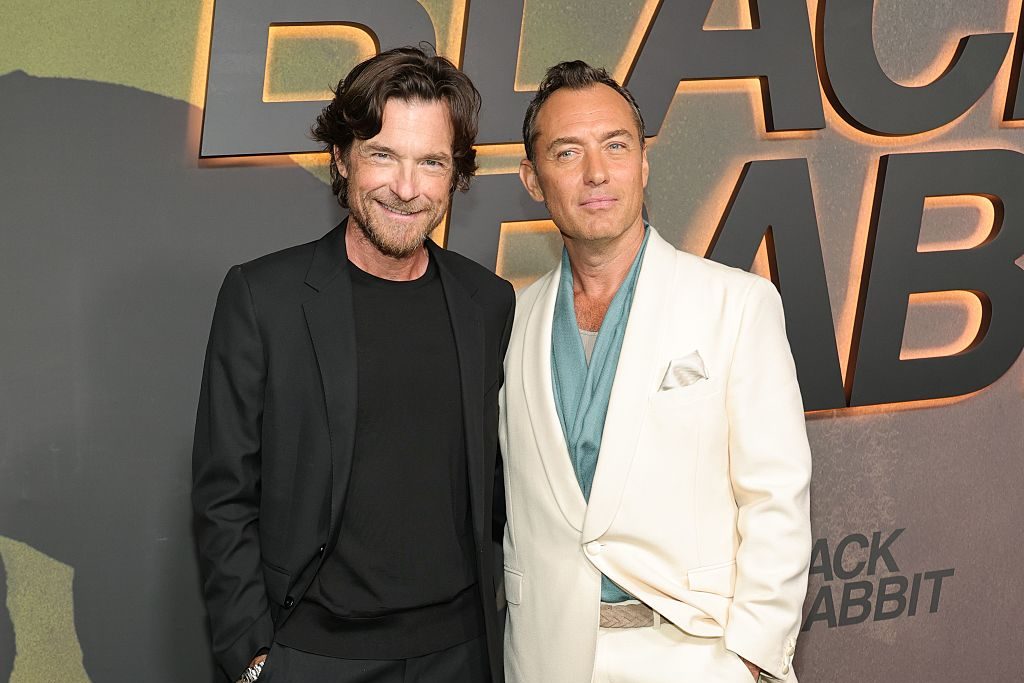Back once more to our favorite unhappy place: the dystopian future. And yet again it seems that the authorities have been lying to us about the true nature of reality. This time — in Silo — the lie concerns the nature of the world outside the enormous silo in which our heroes and about 10,000 other survivors have been hiding for the past 100-odd years since some nameless apocalypse. Is it really as dangerous as the Powers That Be say? Or is this an illusion, maintained over a century of relentless official propaganda, designed to keep the enclosed populace frightened and in check?
Silo began life in 2011 as a self-published short story by Hugh Howey — called “Wool,” not Silo — which he put out through Amazon’s Kindle Direct. But his writing proved so popular that he landed a $500,000 print deal, as well, of course, as selling the film rights, which led to this all-star TV adaptation.
Is this Benny Hill-style slapstick or the Tokyo equivalent of Our Friends in the North social realism?
“The books are SO much better,” I’m informed by someone who has read them. Well, of course they are. When was this ever not the case? Perhaps you should read them first, but if you haven’t the time or patience I’d say you’ll find the TV version more than intriguing, well-acted and well-realized enough to merit your commitment.
Sure, there are one or two mildly irksome wokeries, such as the implausibility of the main female character, Juliette Nichols. Because of her amazing mechanical skills and physical prowess, Juliette works with the horny-handed sons of toil at the bottom of the silo, where her special task is to maintain the giant turbine on which everyone’s life depends. If such a woman existed in this or any other reality, I imagine she would resemble a Bulgarian shot-putter. Instead, she is slim, elegant and well-spoken and played by the half-Swedish, half-English actress Rebecca Ferguson.
Also, it’s a bit slow in places. I’ve just watched episode four and, no spoilers, I didn’t find myself thinking at the end: “Well, that was gripping and eventful and advanced the plot considerably.” And sometimes it goes too far the other way by seeking to generate ersatz, standard-blockbuster-movie tension, like the laboriously enacted scene where the turbine threatens to break down and it’s a race against time before the whole thing blows…
But — and this is a very important but — I’d say it’s definitely not a show to skip. It has a first-rate cast including Harriet Walter, Iain Glen, David Oyelowo, Tim Robbins and the former rapper Common, and lots of money and effort has clearly gone into the world-building — the look and feel, the direction, the score, and so on. It oozes class rather than early Doctor Who and you do get emotionally invested in the whole Silo concept and in the big question of what really is happening in the world outside, as well as the smaller one of who is committing all these murders that newly elected Sheriff Juliette is required to solve.
I particularly like some of the spooky traditions that have evolved in the Silo over the years, such as the one where if you ever express aloud the desire to leave the Silo that’s it, you’re out. It’s like a death sentence. You’re put into a condemned cell, then kitted out in space gear, and out you go watched by those ghoulishly enthralled Silo denizens who have managed to bag a seat in the café that contains the only viewing window. Its glass is clouded with dust and the condemned, should they so wish as their final act, are encouraged to wipe it clean. Then they walk on a few paces, apparently unharmed, until, all of a sudden, they clutch their throats and drop dead within sight of the now-appalled onlookers. There they lie as a grim warning to all within as to the perils of seeking illusory freedom.
While you’re waiting for the next episode to drop, you can keep yourself entertained watching Sanctuary, a Japanese drama about an uncouth, reckless, violent, disrespectful young man who decides, for want of anything better to do with his life, to try to make it as a sumo wrestler.
The protagonist Enno (played by Wataru Ichinose) is so scowlingly unattractive that it’s quite hard to sympathize with him. Also, as is so often the way with east Asian drama (I have the same problem with Korean series), the cultural norms are so bizarre and unfamiliar it’s often hard to tell how you’re supposed to respond: are you watching Benny Hill-style slapstick or the Tokyo equivalent of Our Friends in the North social realism? But that’s part of what makes it so watchable and different. You also learn a lot about sumo, the most interesting point for me being that although sumo wrestlers look enormously fat, when they retire they often turn back into trainers who look no different from skinny businessmen.
This article was originally published in The Spectator’s UK magazine. Subscribe to the World edition here.



